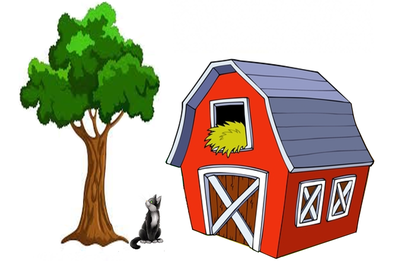What can we help you with?
Plants you can feed Chickens, and ones you should not
xxx
For Chickens
- Amaranth – Healthy source of carbs
- Basil – Antibacterial properties.
- Beets – Can eat root and leafy greens, aids in cleaning the blood and digestive tract
- Berries – Blackberries blueberries, raspberries and most of all strawberries.
- Comfrey – Essential nutrients including calcium, potassium and protein.
- Corn – Feed fresh or dried and cracked.
- Cucumbers – Aids in hydration and can aid in reduction of intestinal worms.
- Dandelions – As long as they are not sprayed, this is a good healthy food source.
- Dill – Feed fresh or dry to aid respiratory health.
- Fennel – Good for overall health, may attract bugs that chickens can eat.
- Garlic – Immune system Booster and aids in parasite control. Do not feed until thr plant is mature.
- Lavender – Natural insect repellent.
- Leafy Greens – Swiss chard and spinach in moderation. Cabbage, collards, kale (especially healthy), mustard greens and romaine.
- Lemon Balm – Can keep rodents away.
- Melons – Canteloup, honeydew, watermelon and more. Watermelon is the healthiest choice and can be devoured but the fruit may need to be cracked for them.
- Mint – Natural insecticide, may keep rodents away and chickens can eat it.
- Nasturtium – Seeds and flowers are a great treat.
- Nettles – Can be boiled down and used as a feed supplement.
- Oregano – May aid in fighting ecoli, salmonella, coccidiosis and avian flu. May also be a natural antibiotic.
- Parsely – Vitamins and minerals including vitamin K.
- Peas – Great source of niacin gor healthy bones.
- Pumpkins – Natural dewormer, the rind and flesh contain antioxidants and beta carotene.
- Rosemary – Medicinal benefits and may repel insects.
- Sage – Antioxidant and supports overall health.
- Sunflowers – Source of healthy fats, proteins and omega 3.
- Thyme – Has antibacterial and antibiotic properties and may improve respiratory health.
- White Clover – High in protiens and restistant to trampling.
- Wormwood – Repels some parasites and some pests.
Not For Chickens
- American Holly – The berries are toxic if ingested.
- Amaryllis – xxx
- Avocado – xxx
- Azalea – Toxic and may cause cardiovascular problems.
- Boxwood – Boxwood poisoning may require the use of sedatives and respiratory or heart stimulants.
- Bracken Fern – A chemical found in Bracken Fern may cause vitamin B1 deficiency.
- Burning Bush – The fruit is toxic to chickens if ingested.
- Clematis – All parts reported to be toxic.
- Columbine – May cause cardiovascular problems.
- Daffodil – May cause dermatitis and gastrointestinal issues.
- Delphinium – Poisonous to chickens.
- Daphne – xxx
- Elderberry – Steele cautions about this one.
- Foxglove – Gastrointestinal and cardiovascular issues.
- Honeysuckle Bush – Berries can cause cardiovascular, nervous, and gastrointestinal problems.
- Hydrangeas – May causes dermatitis.
- Ivy – May be harmful to chickens.
- Lily of the Valley – Toxic.
- Mistletoe – Toxic to chickens.
- Morning Glory – Poisonous and toxic.
- Mountain Laurel – Reported to cause a variety of problems.
- Nandina – Deadly for a variety of birds.
- Nightshade Plants – e.g. Eggplant, potatoes and tomatoes.
- Oak Trees – May cause a variety of problems, acorns are toxic.
- Oleander – May cause irregularities in heart rate and rhythm.
- Onions – May affect taste of eggs.
- Peace Lilly – Dermotitis and gastrointestinal problems.
- Periwinkle – Shows up on multiple trouble lists, including here and here.
- Poison Ivy – Duhhhh!
- Rhodendron – xxx
- Rhubarb – xxx
- Tulips – Poisonous to chickens.
- Yew – Can cause immediate death.
